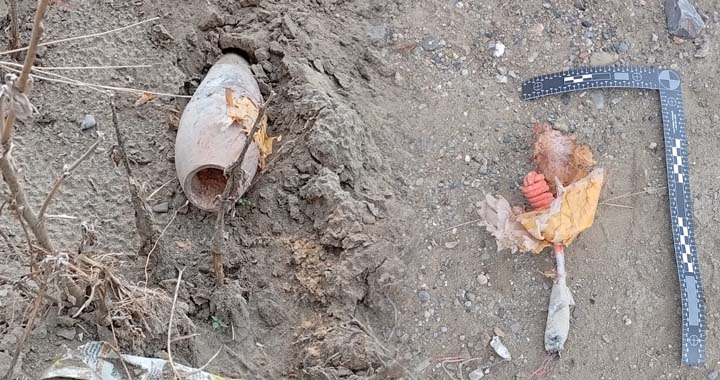In recent years, terrorists, especially those affiliated with Fitna al-Khawarij (TTP) and Fitna al-Hindustan (BLA), in Afghanistan and the region have gained access to sophisticated weaponry left behind by US and NATO forces, including drones, night vision equipment, and sniper rifles. But alongside these modern arms, a new and dangerous innovation has emerged: remote-controlled homemade bombs concealed inside cement blocks, detonated from a distance via hidden antennas. This marks a significant escalation in terror tactics, as such remote detonation capabilities were previously unseen among militant groups here.
These developments pose an even greater threat to Pakistan’s security forces and civilians, complicating efforts to maintain law and order.
It is now widely acknowledged that groups like Fitna al-Khawarij, Fitna al-Hindustan, and other terrorist outfits in the region operate with the guidance and backing of Indian and Israeli agencies. These state-sponsored efforts aim to destabilise Pakistan and spread chaos across the region.
This conspiracy not only challenges Pakistan but should alarm the entire international community. Though this conflict was never meant to be Pakistan’s burden alone, the country has effectively become the first line of defence and frontline fortress for the world in the fight against terrorism.
The harsh reality is clear: if Pakistan’s defence weakens or collapses, God forbid, the fire of terrorism will engulf the globe. No nation, no society, will remain untouched by the spreading flames of violence and chaos.





